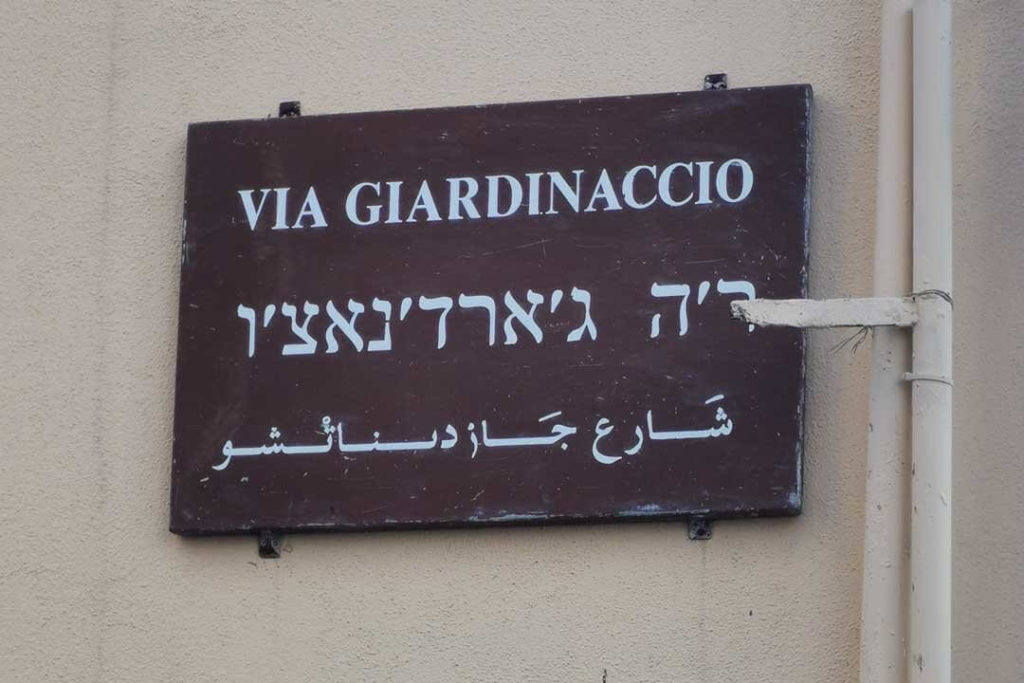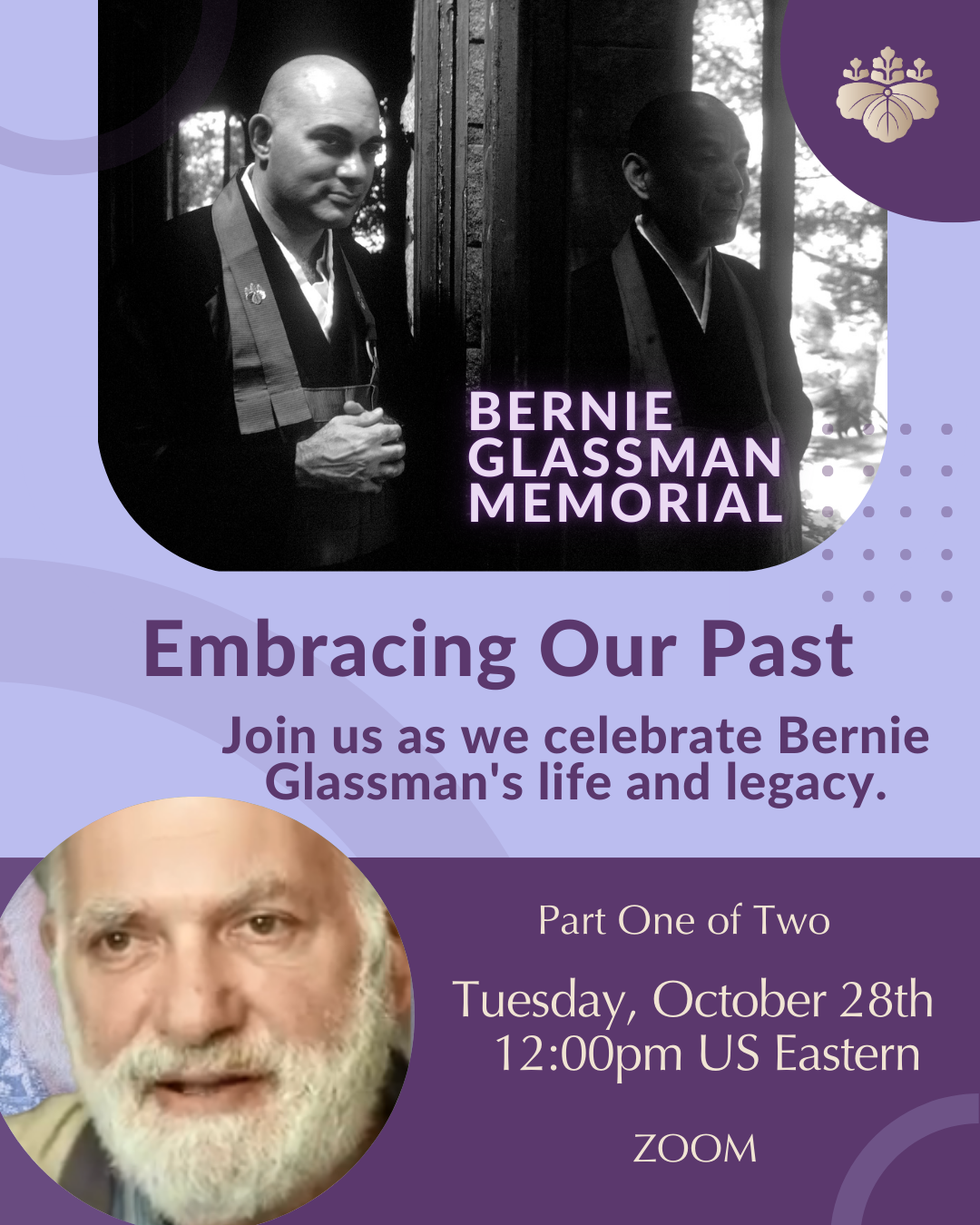After the spontaneously planned US trip to a Zen sesshin and a subsequent street retreat around my 70th birthday did not work out (too many imponderables, also because of COVID), I was looking for a place with a strong statement. And that’s what Palermo gives!
I expressed with this choice: my fundamental love for Sicily and for the Italian language and people. My humanitarian aspiration to stand by those fleeing and escaping across the Mediterranean, the dead and the living, who have hardly been mentioned since the war against Ukraine. Moreover, they are predominantly people of Muslim faith whose countries had been invaded and who, unless they were from Syria, are discredited as economic refugees and/or criminals. If we look at the international relations of the “One World”, we do not have to be political scientists to know by now that Germany’s prosperity, even if it is to be differentiated and even in our country some children go to school without school bread, owes itself to various, undoubtedly unethical acts. German colonialism, slave trade, acts of war or their support, as for example in Mali, aimed at free access to resources, arms sales and many manipulations have contributed to destabilize the African continent politically and ecologically, so that droughts and famines have increased, while natural resources and wildlife are exploited. We know all this, diffusely, few are able to portray the complexities, and our responsibility for other living beings clearly does NOT stop at German borders, nor at European borders. Hidden from our eyes, there are uncounted illegals, who vegetate in the shadow areas of the societies, lowest paid, easy and fast to dispose, made docile with drugs; prostitution, drug trafficking, organ trafficking, child pornography, harvest workers, extortion of all kinds – let’s not fool ourselves, these areas have grown, will continue to grow. Mafia conditions are everywhere, and the supporters work well together internationally. Port cities have always been particularly interesting for all these border areas, and so there was a strong mafia in Palermo. The Mafiosi were present wherever people could be made compliant. With refugees whose language we don’t understand and they don’t understand ours, intimidation and leading them astray are very easy. Since I have been to Lampedusa twice and made a trip to Calabria on the trail of the dead refugees, and since we have talked to locals and refugees and thus the radius of our associations, the imagination growed, a picture gradually opened up to me. This picture in its overall expression made my respect for Italy, the Italians, the Sicilians grow even more. We cannot imagine drastically enough the burden of fishermen, of those who live in port cities, of those who live from tourism and fishing.
So this trip, like the three before, was above all a trip of thanksgiving. Italy, Sicily could have swung politically all the way to the right and stayed there. In some regions, that was what was attempted. Ships, filled to the brim with refugees, usually also with dead people on them, often with pregnant women, babies, were prevented from docking in one of the ports. You have to imagine in what condition these people – on average – were found when they were rescued at sea and how they would be after hours and days at sea. Physically. Not to mention the soul. One remembers to have read that some ships circled around in the Mediterranean, until a port opened nevertheless still. Would you like to imagine the tragedies that took place on the ships and how the doctors and residents and mostly volunteers at the port received the people? These true heroes and heroines, for whose sea-crossings an entire village, a family, the individual who had worked hard and saved, were not received with wreaths of flowers and hugs and tears of joy! But still, with a basic supply, with or without weariness, not with guns, open hatred, insidious assassinations. These violent incidents will have occurred, in the hotspots, but often balanced by volunteers, activists, priests, parishes, grassroots organizations. In recent weeks, Lampedusa was mentioned every time there had been a rescue of shipwrecked people. Hundreds were involved! I am ashamed that such outstanding operations, which were partly forbidden by Italian maritime law, are not reported in our media as great and heroic events, as they truly deserve.
If one did that, one would have to admit that these people were worth saving, that there, in Southern ports and on some islands, greater humanity is or was practiced directly than here, that it is an expression of spiritual poverty to merely give money instead of taking risks of human solidarity. The mayor of Palermo, Gianluca Orlando, has been very courageous in his efforts to successfully arrest important mafia figures, so that this city is pursuing effective refugee-friendly projects on the one hand, and on the other, a city policy that convincingly brings to life Sicily’s rich interreligious and intercultural past. And also the stain of Palermo and Sicily, the attempt to erase and negate flourishing Jewish life for a period of five hundred years, is slowly and steadily snatched from obscurity, worked through and made available to the questioning public. When Sicily was under Spanish rule in 14th century and subjected to the laws of the Inquisition, Jews were forced to either convert or flee the country, all in the course of a few months. This trauma was to disappear from the official narrative for five hundred years, and it was only through the existence of a well-hidden archive that the events could be reconstructed. In the renowned Baedecker travel guide to Sicily and Palermo there was just a meaningless half-page on this chapter, WHILE street signs of the Jewish quarter, architectural findings not only in Palermo and other medieval testimonies bear Hebrew names in addition to Arabic. Because of this abundance of evidence of Jewish presence, it is only after some time that the traveler notices the absence of a synagogue with a corresponding vibrant community life, kosher stores and restaurants, and an infrastructure familiar from Antwerp, Paris and Krakow, for example.
On the last two days of the trip, the encounters with found objects, books, people accumulated, pointing to the only Jewish woman in Palermo for decades, who tirelessly enlightened, worked towards the construction or provision of a Synagogue, made her living room available for celebrating the holidays and established contacts with renowned clerics, politicians, citizens, professors. Her name was Eveyne Aouate, who has recently passed, at the age of 81 anni. She could not see her dream of a new Synagogie realized, but – as we were informed – she was close to.
To close the circle: Palermo traditionally has a heart for Islam as well as for Judaism, and it is to be hoped that modern Sicily will pick up on this and that we from Central Europe will learn from the beloved vacation island Sicily how to live a comprehensive, inclusive hospitality. Thank you, Sicily and your people! Thank you, Palermo! What would our German country be alone without your cuisine, your markets, beautiful city?


